Andrew Taylor farms 155ha with his father and grandfather in Crossroads, Ayrshire. The farm consists of predominantly dairy and beef cattle with 90 dairy cows and 40 sucklers. There are also 25 pedigree sheep kept on the farm.
In 2016 Andrew graduated from Scotland’s Rural College (SRUC) with an honours degree in agriculture. He was awarded the Royal Association of British Dairy Farmers student of the year in 2014.
Managing Lochhill Farm
Andrew and his family milk 90 Holstein Friesian cows with Flekvieh cows being introduced to the system over recent years. For a number of years replacements for the herd have been bought in. Currently there are first and second lactation cows in the herd that were reared on the farm. The plan going forward for Lochhill Farm is to start producing all their own replacements for the dairy herd.
“We stopped using AI about four or five years ago, hopefully we can get to the stage where we are producing our own replacements and are not buying any,” said Andrew.
He noted the reason for introducing Flekvieh into the herd is to have a better beef calf from the cows. Andrew added: “It’s not very common practice on dairy farms around here but I do feel it will suit the system we are trying to create.”
Effects of the unusual summer
The farm is traditionally made up of very wet ground and so the dry summer this year has suited ground conditions and grass growth was found to not be as badly affected, as was the case in other areas around the country.
Andrew said: “Usually we receive 65 inches of rain per year, we are going to be nowhere near that this year.”
He noted that this year grass growth on the farm slowed to 30kg/ day but Andrew said it was not a huge cause for concern.
“We saw some of the best clean-outs from the paddocks I’ve ever seen because of the dry weather,” he added.
“Last year by the middle of July all stock were indoors, this year the grazing season is significantly extended.”
Andrew added that 2018 has brought a welcome change for the local farming community. “From the first week in May to the middle of June the longest spell of rain we got was three days and nothing after. The dry year comes on the back of what was a dreadful year for us last year.”
Young Farmers and California
Andrew has been involved with the Young Farmers for seven years. He is currently club chair of Crossroads YFC. He said: “This year I am chair of the club which means I am incredibly busy. The Young Farmers plays a huge part in my life and all my friends lives. Our social calendars revolve around it really, quite often we are kept going four nights a week with events.
“I applied for the trip to California after speaking to people who had been on the agri affairs tours before.”
Having been part of the agri and rural affairs committee, Andrew has a good indication of the kind of trip California will be. “I have been to New Zealand for a period visiting farms following my graduation and after speaking to my lecturers on the day I graduated they urged me to go to New Zealand to see the scale of the operations,” said Andrew.
“I booked the flights more or less straight away and spent three weeks travelling and learning on the trip.”
Andrew hopes California will provide similar opportunities to expand his knowledge.
“I think it will be really interesting to see ways in which jobs are made easier. Farmers are going at what feels like 100 miles per hour a lot of the time so it’s important to see where jobs can be made more efficient,” he added.
Automatic milking
Andrew has found technology is already having a big impact on how things are done closer to home.
“In recent times there have been a number of dairy farms installing robotic milking systems. They are moving away from the grazing side of things and moving the cows to indoor systems,” said Andrew.
“I know a few farmers who have been trying the grazing systems with the robots but because we have such wet ground it is a difficult way to run a robotic milking system.”
He added: “Eventually I can see us moving that way, with labour becoming an issue. It may be the case where we just house the cows and buy robots. Between the labour not being there and the physically demanding nature of being in the parlour it does seem like a viable option for us going forward.”





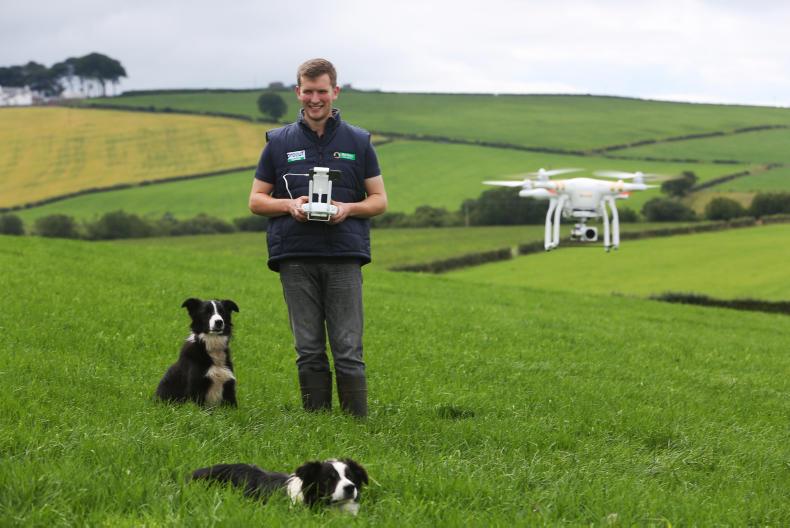
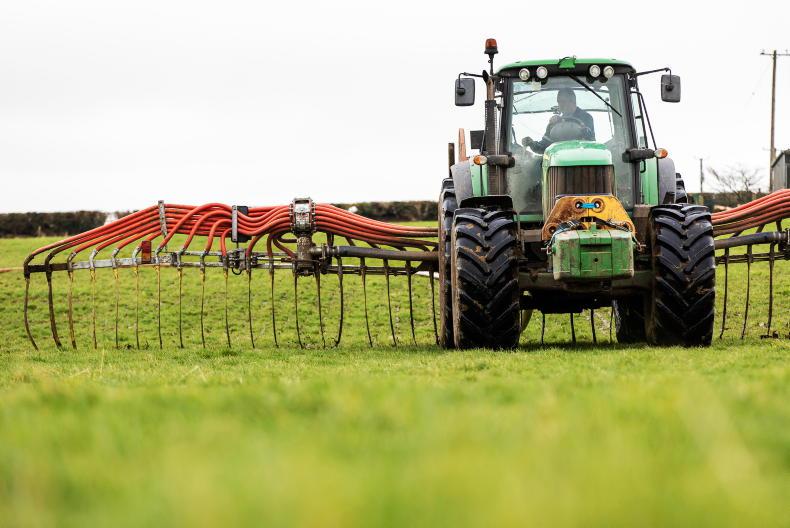

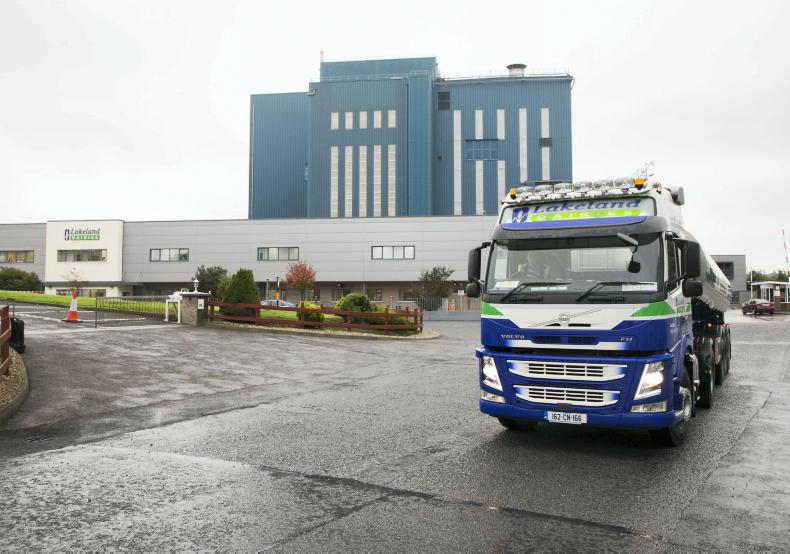
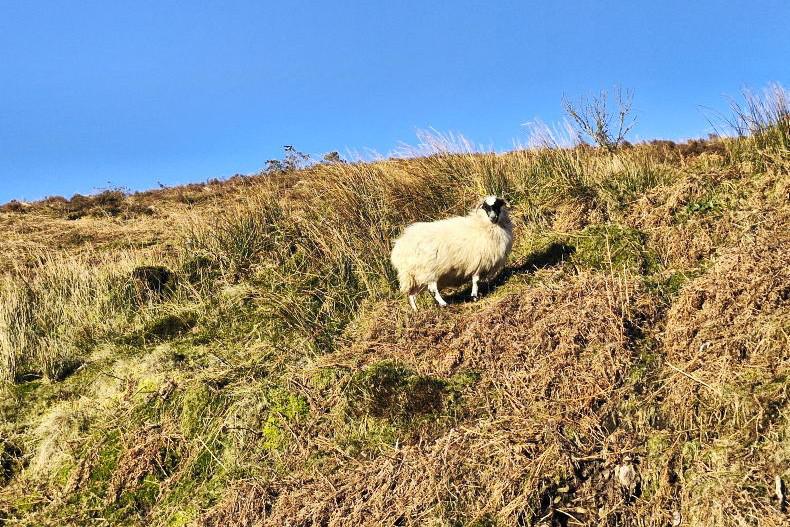
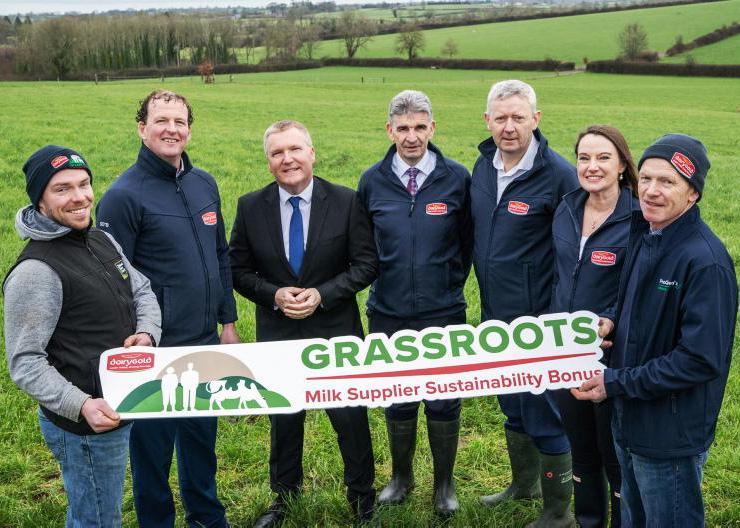
SHARING OPTIONS